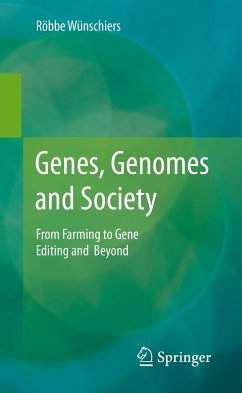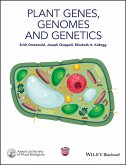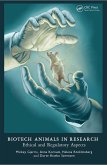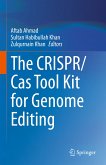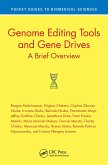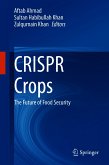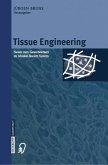Where should the journey lead? Should we treat diseases or better repair them? Will the new genetic engineering, combined with modern reproductive biology, lead to designer babies? And: May we allow a liberalization of these techniques as citizen science? With the availability of genetic scissors, we face a great responsibility: Is it acceptable to use the new genetic technologies - or reprehensible not to use them? Where do we draw the line?
Aimed at interested readers, the author explains in a clear and understandable way the background of breeding, the use of genetic engineering, and the possibilities of the gene editing. In addition, he spans a broad chronologicalarc from the genes of our ancestors to the fabrication of new living beings.What is your opinion of these developments? With the help of this book, you have the chance to form a differentiated opinion.
This book is a translation of the original German 1st edition Generation Gen-Schere by Röbbe Wünschiers, published by Springer Fachmedien Wiesbaden GmbH, part of Springer Nature in 2019. The translation was done with the help of artificial intelligence (machine translation by the service DeepL.com). The text was subsequently revised by the author. Springer Nature works continuously to further the development of tools for the production of books and on the related technologies to support the authors.
Dieser Download kann aus rechtlichen Gründen nur mit Rechnungsadresse in A, B, BG, CY, CZ, D, DK, EW, E, FIN, F, GR, HR, H, IRL, I, LT, L, LR, M, NL, PL, P, R, S, SLO, SK ausgeliefert werden.

